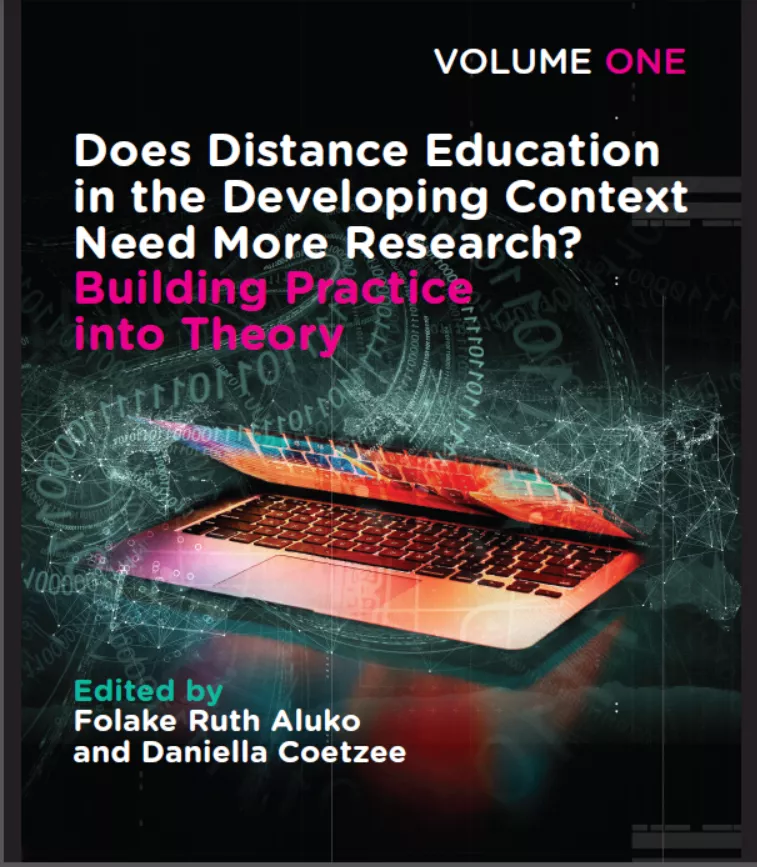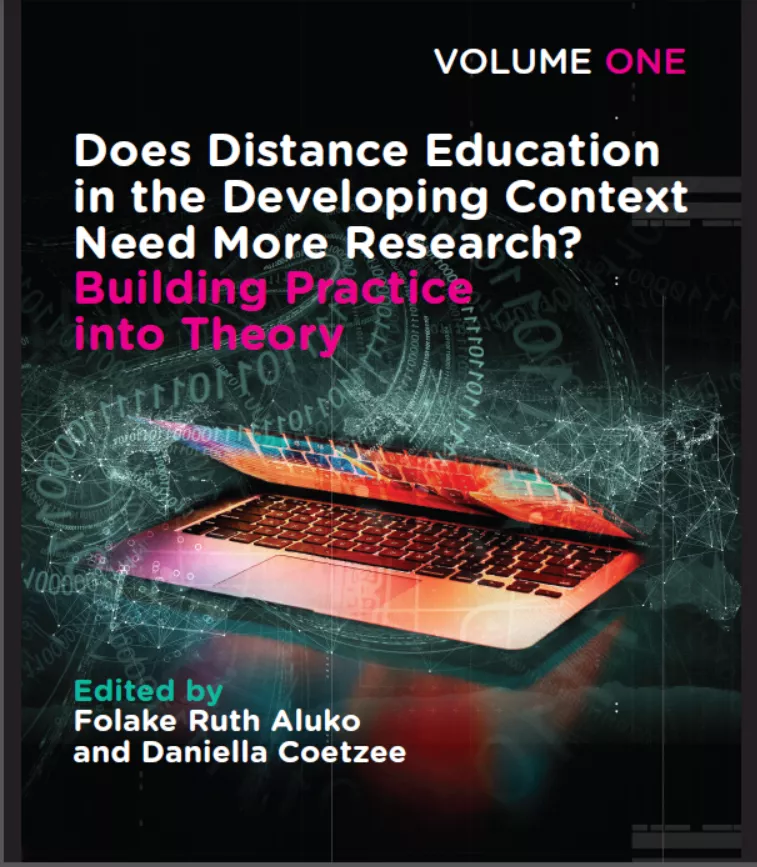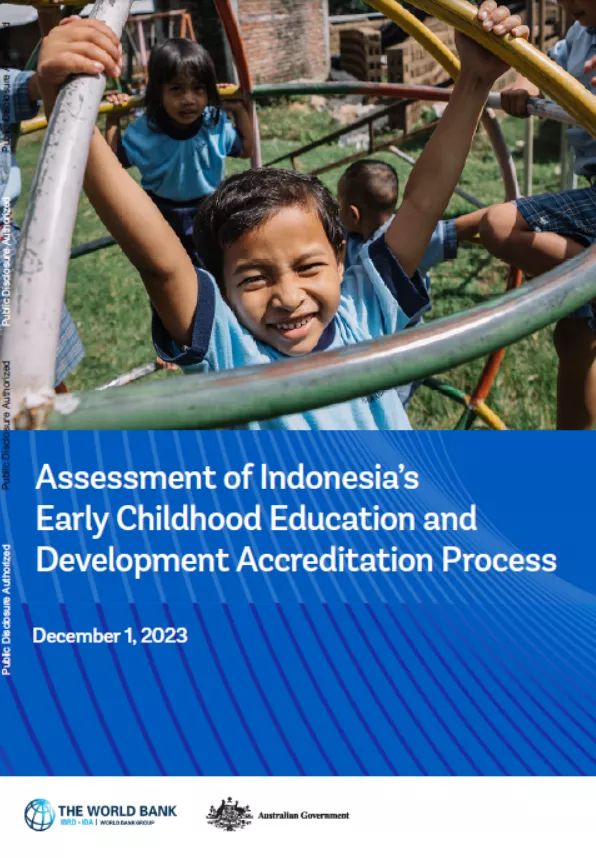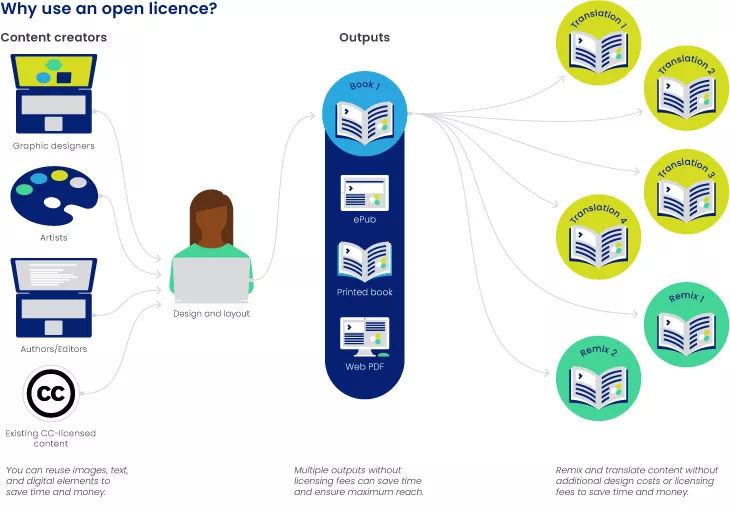Resources
Featured resources
The impacts of interactive smartboards on learning achievement in Senegalese primary schools, 3ie Grantee Final Report
Though much progress has been made, the current level of educational achievement in many developing countries remains low. One proposed solution for improving the quality of education is the use of technology. However, the empirical evidence regarding the success of technology interventions, including interactive smartboards, at improving student outcomes is mixed. Project Sankoré creates a digital classroom through the introduction of simple interactive whiteboard equipment consisting of an interactive whiteboard, a computer, a data projector, and digital resources.
Digital Teaching and Learning Resources (Courseware) for Mathematics and Science (Vocational)
NBA is currently adapting Current Open Learning Educational Resources to Produce Digital Teaching and Learning Resources (Courseware) for Mathematics and Science (Vocational) for the South African Department of Higher Education and Training (DHET). For this project, the DHET has selected to develop open and self-facilitated text-based materials for the National Certificate (Vocational) programmes in Mathematics and Physical Science at Levels 2 – 4.
DHET Occupational Certificate: Electrician
NBA is currently managing the development of curriculum content and open learning materials for the Occupational Certificate: Electrician Programme (OCEP) for the South African Department of Higher Education and Training (DHET). The DHET has selected the Occupational Certificate: Electrician programme as the first programme to be developed and delivered through the National Open Learning System (NOLS).
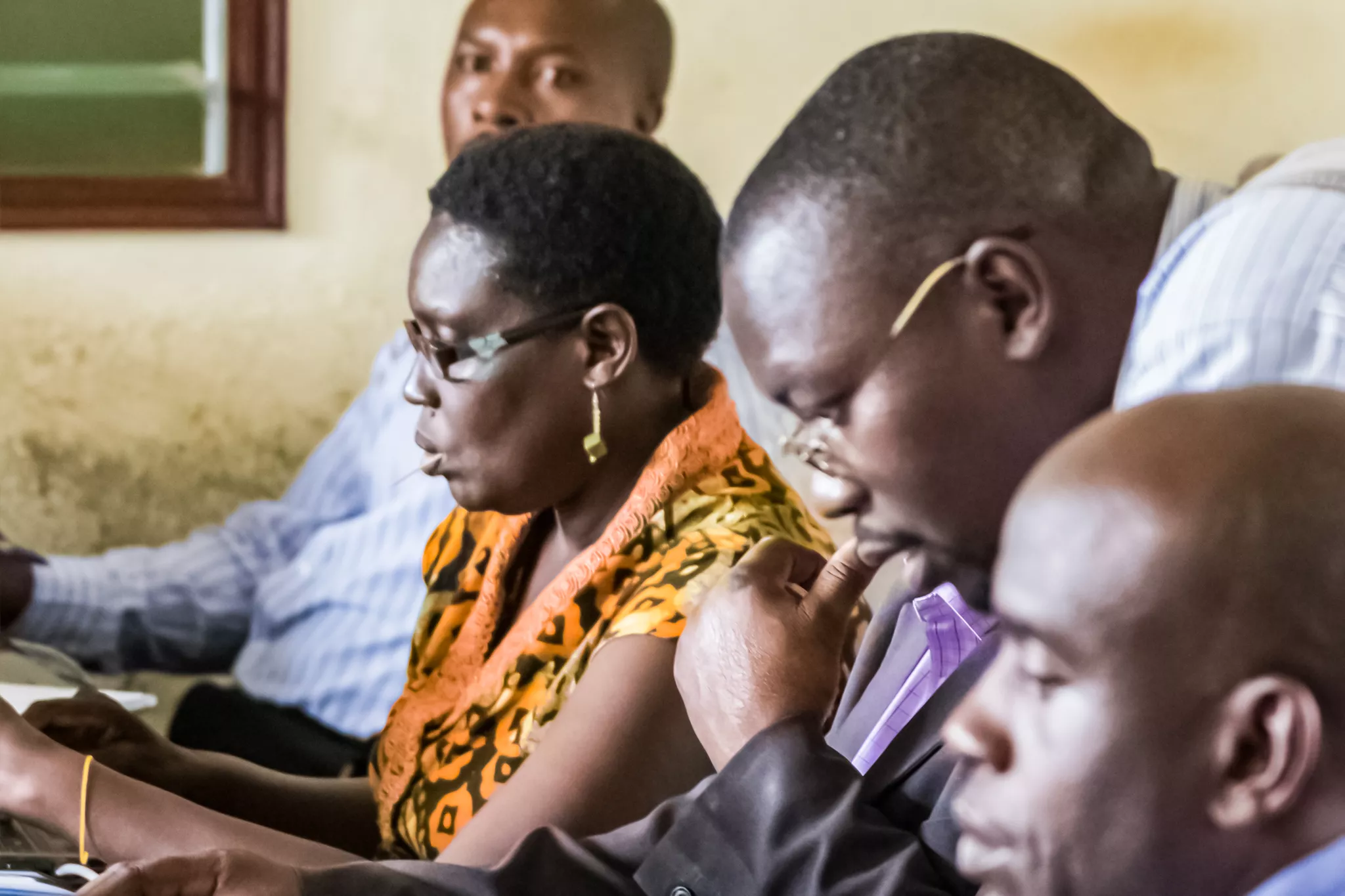
Harnessing OER Practices to Drive Pedagogical Improvement: The Role of Continuing Professional Development
In our efforts to support African universities to understand and harness the concept of open educational resources (OER), OER Africa has identified several practical constraints to achieving the widely anticipated potential for OER to contribute to achieving higher degrees of equity across higher education in Africa. Effective harnessing of OER practices depends heavily on the educational skills of participating academics.

Understanding the Impact of OER: Achievements and Challenges
UNESCO IITE and OER Africa partnered to prepare a publication that critically reviews the growth of OER and its potential impact on education systems around the world. The publication is based on desktop research and country case studies, which were prepared with input from OER experts from 15 countries in five UNESCO regions. The findings indicate that many efforts have been made to promote OER and its use, with funding and support by several donors and intergovernmental organizations, governments, and education institutions.
State of Play: Regional Quality Assurance in Southern Africa (SADC)
The German Academic Exchange Service (DAAD) and the German Rectors’ Conference (HRK) jointly developed the Dialogue on Innovative Higher Education Strategies (DIES) programme, and were considering working on supporting quality assurance (QA) efforts in the Southern African Development Community (SADC) through regional capacity building. DAAD thus commissioned NBA to conduct a research study to provide information about QA in the region as a basis for future work of DAAD/DIES and the regional and national partners.

Leveraging Skills for Competitiveness in Europe
This report proposes a framework for approaching these challenges: ‘precision training’. It explores examples of how precision training can leverage workplace training, PPPs, and regional development projects, leading to the following key messages.
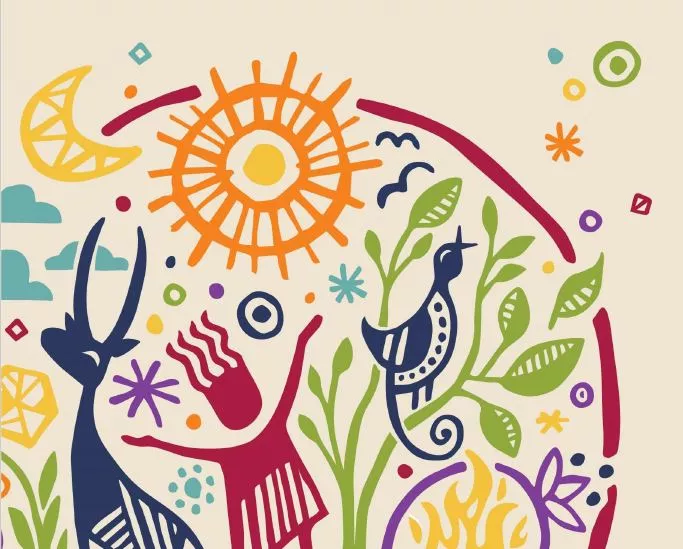
Open Licensing Made Plain: A Primer on Concepts, Challenges, and Opportunities for Publishers
Openly licensed resources are ‘free’ to access, but there can be significant user, creation, adaptation, and production costs. The long-term sustainability of African publishing in local languages requires that these costs be met fairly and completely, using models that will encourage people to establish, grow, and sustain excellent content creation organizations.
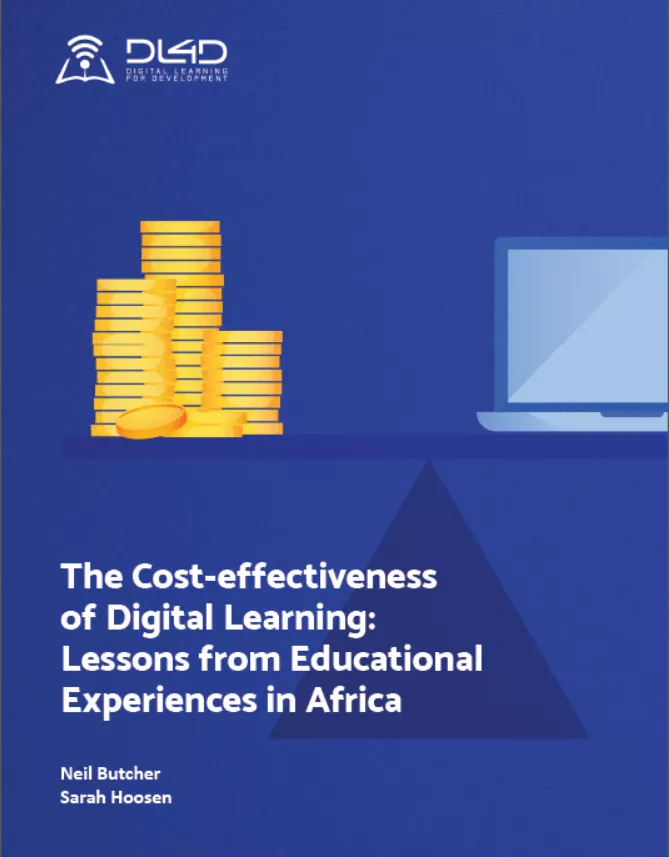
The Cost Effectiveness of Digital Learning: Lessons from Educational Experiences in Africa
This paper considers some of the challenges in defining digital learning and the political challenges in measuring cost-effectiveness. It then focuses on issues of cost-effectiveness using examples from three initiatives: the Nepad e-Schools Total Cost of Ownership (TCO) financial modelling tool, the adaptation of the UNESCO ICT Competency for Teachers (CFT) professional development course for teachers, and the South African Institute for Distance Education (SAIDE) Facilitating Online Learning course (FOLC).
Rwandan Collaborative Model for Educator Capacity Building
Collaboration between the Rwandan government, the University of Rwanda, and local industry to develop and deploy educator technology-integration professional development initiatives neatly follows the Triple Helix Model[1]. However, in this Rwandan initiative a fourth collaborative partner proved significant, the regional/global education community coordinated by UNESCO’s Regional Office for Eastern Africa.
Browse resources
Search resources
The impacts of interactive smartboards on learning achievement in Senegalese primary schools, 3ie Grantee Final Report
Though much progress has been made, the current level of educational achievement in many developing countries remains low. One proposed solution for improving the quality of education is the use of technology. However, the empirical evidence regarding the success of technology interventions, including interactive smartboards, at improving student outcomes is mixed. Project Sankoré creates a digital classroom through the introduction of simple interactive whiteboard equipment consisting of an interactive whiteboard, a computer, a data projector, and digital resources.
Digital Teaching and Learning Resources (Courseware) for Mathematics and Science (Vocational)
NBA is currently adapting Current Open Learning Educational Resources to Produce Digital Teaching and Learning Resources (Courseware) for Mathematics and Science (Vocational) for the South African Department of Higher Education and Training (DHET). For this project, the DHET has selected to develop open and self-facilitated text-based materials for the National Certificate (Vocational) programmes in Mathematics and Physical Science at Levels 2 – 4.
DHET Occupational Certificate: Electrician
NBA is currently managing the development of curriculum content and open learning materials for the Occupational Certificate: Electrician Programme (OCEP) for the South African Department of Higher Education and Training (DHET). The DHET has selected the Occupational Certificate: Electrician programme as the first programme to be developed and delivered through the National Open Learning System (NOLS).

Harnessing OER Practices to Drive Pedagogical Improvement: The Role of Continuing Professional Development
In our efforts to support African universities to understand and harness the concept of open educational resources (OER), OER Africa has identified several practical constraints to achieving the widely anticipated potential for OER to contribute to achieving higher degrees of equity across higher education in Africa. Effective harnessing of OER practices depends heavily on the educational skills of participating academics.

Understanding the Impact of OER: Achievements and Challenges
UNESCO IITE and OER Africa partnered to prepare a publication that critically reviews the growth of OER and its potential impact on education systems around the world. The publication is based on desktop research and country case studies, which were prepared with input from OER experts from 15 countries in five UNESCO regions. The findings indicate that many efforts have been made to promote OER and its use, with funding and support by several donors and intergovernmental organizations, governments, and education institutions.
State of Play: Regional Quality Assurance in Southern Africa (SADC)
The German Academic Exchange Service (DAAD) and the German Rectors’ Conference (HRK) jointly developed the Dialogue on Innovative Higher Education Strategies (DIES) programme, and were considering working on supporting quality assurance (QA) efforts in the Southern African Development Community (SADC) through regional capacity building. DAAD thus commissioned NBA to conduct a research study to provide information about QA in the region as a basis for future work of DAAD/DIES and the regional and national partners.

Leveraging Skills for Competitiveness in Europe
This report proposes a framework for approaching these challenges: ‘precision training’. It explores examples of how precision training can leverage workplace training, PPPs, and regional development projects, leading to the following key messages.

Open Licensing Made Plain: A Primer on Concepts, Challenges, and Opportunities for Publishers
Openly licensed resources are ‘free’ to access, but there can be significant user, creation, adaptation, and production costs. The long-term sustainability of African publishing in local languages requires that these costs be met fairly and completely, using models that will encourage people to establish, grow, and sustain excellent content creation organizations.

The Cost Effectiveness of Digital Learning: Lessons from Educational Experiences in Africa
This paper considers some of the challenges in defining digital learning and the political challenges in measuring cost-effectiveness. It then focuses on issues of cost-effectiveness using examples from three initiatives: the Nepad e-Schools Total Cost of Ownership (TCO) financial modelling tool, the adaptation of the UNESCO ICT Competency for Teachers (CFT) professional development course for teachers, and the South African Institute for Distance Education (SAIDE) Facilitating Online Learning course (FOLC).
Rwandan Collaborative Model for Educator Capacity Building
Collaboration between the Rwandan government, the University of Rwanda, and local industry to develop and deploy educator technology-integration professional development initiatives neatly follows the Triple Helix Model[1]. However, in this Rwandan initiative a fourth collaborative partner proved significant, the regional/global education community coordinated by UNESCO’s Regional Office for Eastern Africa.


